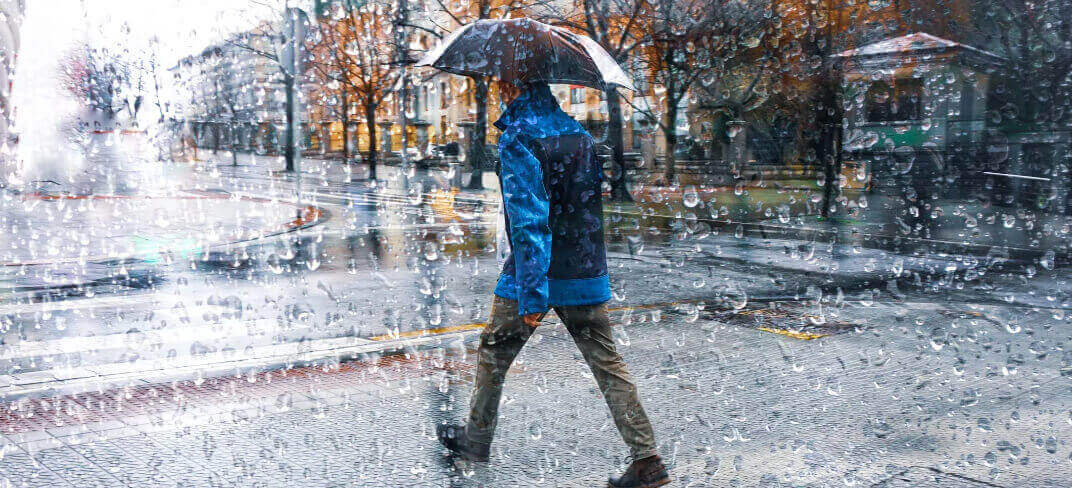Tips to Prevent Winter Falls

Falls are one of the leading causes of hospitalization among older adults, often resulting in fractures, such as hip fractures, and other serious conditions. Reduced reaction time, balance, and less efficient vision significantly increase the risk of accidents. These factors become even more critical in winter when rain, snow, and ice make streets and sidewalks slippery and hazardous. But what strategies can we adopt to reduce the risk of falls during the cold season?
Preventing Slips and Falls: Useful Tips
Here are some practical strategies to reduce the risk of falls, especially during winter:
- Use handrails and supports: When using stairs or walking near railings or fences, it is important to use them to maintain balance. If stability is lost, you can grab onto them to avoid falling.
- Keep your hands free: Carrying crossbody bags, backpacks, or fanny packs instead of handbags allows you to keep your hands free to protect yourself in case of a fall.
- Limit outings in bad weather: When the weather is poor, and it’s raining heavily, it’s better to avoid going out. If it’s necessary to do some shopping or pick up medication, you can check which nearby supermarkets and pharmacies offer home delivery services, which are now very common, or ask family or friends for help.
- Wear appropriate footwear: Choose shoes with non-slip soles, such as winter boots or athletic shoes with good grip, ensuring they are not worn out.
- Take care of your eyesight: Use glasses or contact lenses if prescribed, to ensure clear vision and reduce risks.
- Stay active: Regular exercise, such as walking for 30 minutes a day or practicing yoga, can improve balance, flexibility, and muscle strength, reducing the risk of falls.
- Check your medications: Some medications can cause side effects such as dizziness or drowsiness.
Learn more about services at UPMC Salvator Mundi International Hospital: